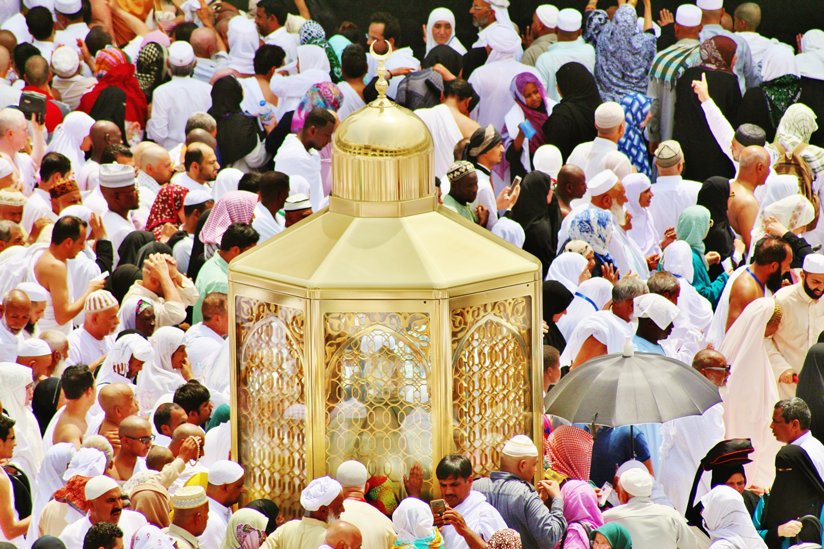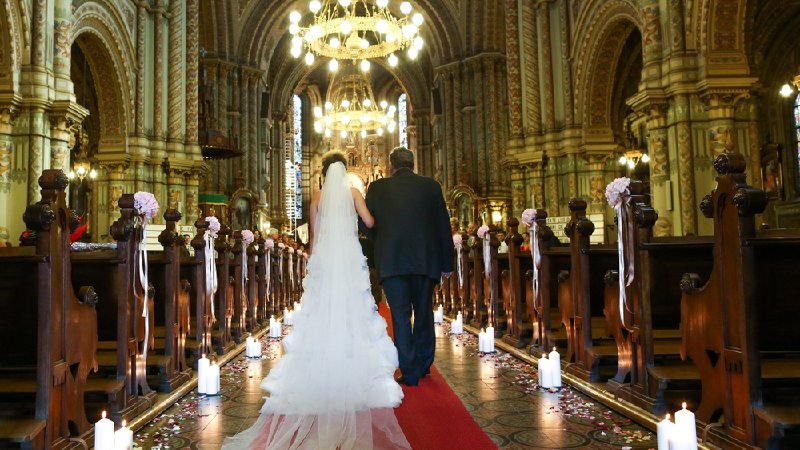
-
HOME
-
WHAT IS STANDOur Mission Our Values Our Help Contact
-
WHAT WE FIGHT FORReligious Freedom Religious Literacy Equality & Human Rights Inclusion & Respect Free Speech Responsible Journalism Corporate Accountability
-
RESOURCESExpert Studies Landmark Decisions White Papers FAQs David Miscavige Religious Freedom Resource Center Freedom of Religion & Human Rights Topic Index Priest-Penitent Privilege Islamophobia
-
HATE MONITORBiased Media Propagandists Hatemongers False Experts Hate Monitor Blog
-
NEWSROOMNews Media Watch Videos Blog
-
TAKE ACTIONCombat Hate & Discrimination Champion Freedom of Religion Demand Accountability
We Are Religion
Since the beginning of Man, religion has motivated and dominated the human race’s existence. From crude drawings on cave walls to vast cathedrals, mosques and temples, religion has been interwoven into the tapestry of human history. And it still rules supreme today.
Religion can encompass any awareness or acknowledgement of a god or gods or of a spiritual side of life. More simply, religion is how we express our spirituality.

And while you might hear talk or read articles about how people of today are less religious that at earlier times, don’t believe it. Studies based on trends show that the number of people affiliated with an established religion is expected to grow. However, affiliation with an established religion is too narrow a criterion to truly reflect the status of religion in the world today.
If there were a study of the number of people who have some awareness of or belief in a spiritual nature, that would be an astounding number compared to those who believe in only mud and chemicals.
Cultures rise and fall, governments come and go, but religion remains a constant influence. Under all the verbiage of such things as laws and governments lie spiritual motivations and goals.
Some might think that science has taken over from religion, but that is not even close to being true. The use of the scientific method has resulted in many discoveries about the physical universe which have brought about improvements in life, but to then say those discoveries can explain all of life is folly. You have entered an entirely different realm with religion. But that doesn’t mean the two can’t peacefully coexist.
In college, I had a physics teacher from India who was a practicing Buddhist. He would lecture on things like the composition of the physical universe and its laws of interaction. But when it came down to more fundamental questions of existence like “Where did everything come from in the first place?” he would smile at us and say, “That is where my religion comes in.” And he was exactly right.

There are many “secular” spheres: economics, politics, government, war etc., but all humans are primarily spiritually motivated. Cultures rise and fall, governments come and go, but religion remains a constant influence. Under all the verbiage of such things as laws and governments lie spiritual motivations and goals.
In the United States there is the concept of the “separation of church and state.” That phrase came from a letter written by Thomas Jefferson. And while it might be a sound principle of governance, it is not a law.
The founders of the United States were highly religious people. Many of them were escaping religious persecution from other countries. Consequently the primary law in the United States regarding religion is the First Amendment to the Constitution which reads: “Congress shall make no law respecting an establishment of religion, or prohibiting the free exercise thereof.”
This doesn’t mean that people in government can’t talk about religion or profess religion or support religion. It doesn’t mean a kid can’t pray in school. It just means that laws can’t be made about religion.
Religion remains very intertwined with the U.S. government. The official motto of the U.S. is “In God we trust.” The existence and authority of God is acknowledged in the Pledge of Allegiance. When taking an oath in a court of law, a witness will often say, “So help me God.” When a president is sworn in, he often does so with his left hand on the Bible. All of these are evidence of an underlying belief that the government’s authority still has or requires a religious confirmation.
In other nations, the relationship between government and religion is a mixed bag. Some countries make it a law that a certain religion is the state religion and are intolerant of others. Some governments restrict and control all religious activities. Some have constitutions that provide for equality of all religions, but in practice certain religions are discriminated against.
But no matter what a government’s policy may be on religion, no government dare ignore it, because when you are dealing with people, you are dealing with spiritual beings and the religion they use to express that spirituality.
People are religion. We are religion.









